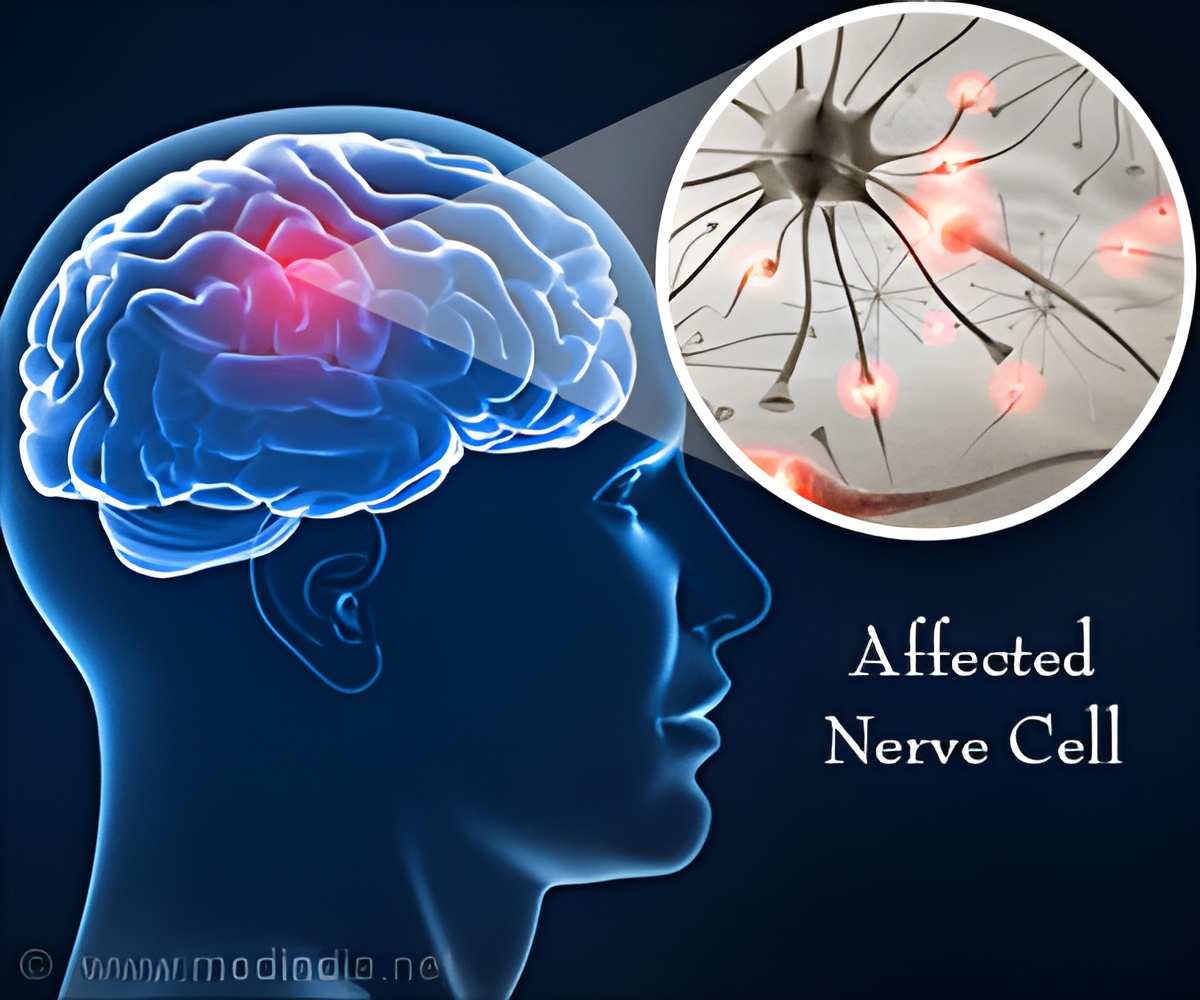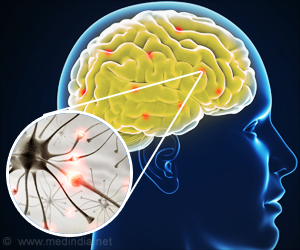Functional changes have been noted in the brain of patients genetically predisposed to developing the neurodegenerative disease amyotrophic lateral sclerosis.

To understand early brain changes due to ALS, researchers carried out a study on three groups of people. The first group consisted of individuals who had genes that predispose to ALS but did not show any symptoms of ALS. Another group consisted of individuals who suffered from symptoms of ALS. A third group consisted of healthy individuals without a genetic predisposition to ALS for comparison. Each group contained 12 individuals. All the groups were subjected to advanced MRI scans which studied structural and functional abnormalities in the brain.
The study showed significant changes in the brain in patients suffering from ALS as compared to healthy individuals. Significant structural changes, however, were not noted in asymptomatic patients with a genetic predisposition for ALS.
However, the researchers found some significant functional connectivity changes in predisposed asymptomatic patients as well as in patients with ALS as compared to the healthy group.
Though there are no medications available currently to prevent ALS, early detection of patients at risk could possibly help researchers investigate drugs which would protect the nervous system and prevent progression of ALS. Intake of diet rich in beta carotene and lutein is associated with a reduced risk of amyotrophic lateral sclerosis (ALS).
Reference:
Source-Medindia












